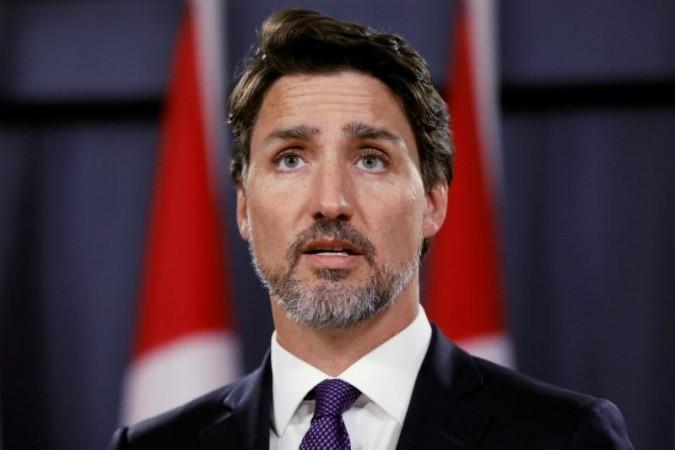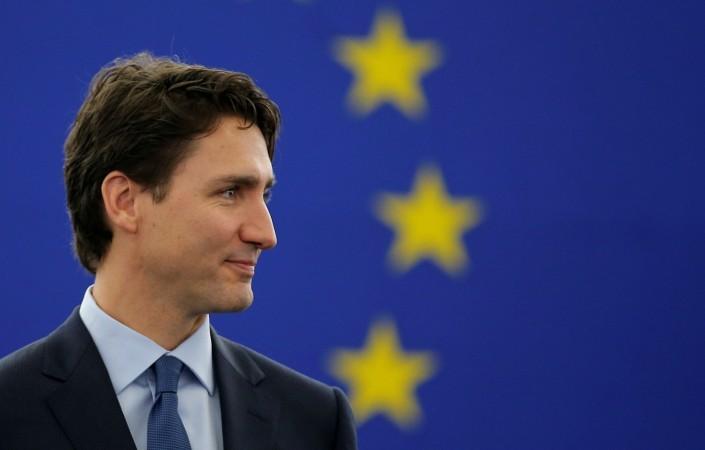Every time a nation's leader pokes their nose into someone else's business, they move into the proverbial glass house. It's only a matter of time that the stones that have been pelted are going to fly right back.

It's time that Prime Minister Justin Trudeau is politely reminded of Canada's hypocrisy, in the wake of his very public support to protesting farmers. While he backs farmer protests, it's time to revisit some of Canada's 'former' protests.
Canada has been among the most vocal nations, at WTO platforms, questioning India's food subsidy programmes for its staple crops, such as wheat, rice and cotton. We bring forth all the platforms at which Canada opposed India's MSP policies.

The group that aims at the reduction of agricultural subsidies
The Cairns Group or the Cairns Group of Fair Trading Nations is an interest group of 20 agricultural exporting countries, comprising Canada, Australia, Chile, Brazil, Indonesia, Malaysia, New Zealand, Pakistan, Philippines, South Africa, Thailand and Vietnam.
The group aims at looking after the interests of its members and promoting fair agricultural trading practices. The group's objective at WTO negotiations is to seek increased market access in countries like India and seek a reduction in the agricultural subsidies provided by it to its domestic producers.
When Canada almost sued India
Last year, Canada accused India at the World Trade Organisation (WTO) of "dramatic under-reporting" of market price support for pulses --- namely chickpeas, pigeon peas, black lentils like mung beans. As per the joint submission made to WTO by countries, which included Canada, India was accused of its MSP being 26 times higher (at Rs 69,923 crore) than the one notified (Rs 2667 crore).

"It appears that India's market price support (MSP) for pulses is vastly in excess of what it has reported to the WTO. Canada and the US look forward to future discussion of the significance of India's market price support for pulses for both India's market and for world markets --- both with India and the other members," said the joint submission.
When Canada questioned India over MSP
Well, that's not a one-off case, reportedly, Canada has raised 65 questions against India's agricultural policies, including MSP, at the Committee on Agriculture (CoA) in the last four years. One of the key questions pertained the impact of India's high food stocks on the global market.
"Whether Indian is breaching its support limit for other farm goods, given India recently notified its excessive de minimis support for rice in 2018-2019," said the report that sought answers from India.
Is Canada really bothered about millions of protesting farmers in India?
Couldn't really be? But what Trudeau instead is really invested in is the significant vote bank back in his country. Punjabis make roughly 3 per cent of the country's population and constitute sixty per cent of the migration to Canada. Many officials in the inner diplomatic circles of both countries have expressed their concern that the statements might just be triggered by pre-election politics.
As many in India also understand the compulsions of multi-ethnic democracy and how internal vote bank politics always takes precedence over external relations. For Canada's PM too, the statements have been provoked by internal pre-elections rather than diplomatic ties with India. In this case, snubbing is way more diplomatic than addressing.

















